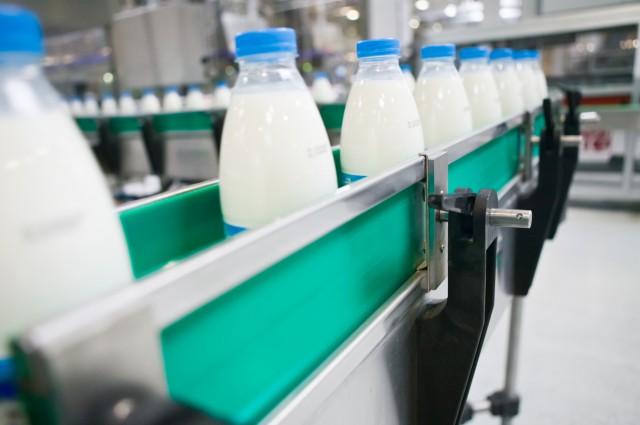No matter where in the world, milk is either part of, or fast becoming part of people’s daily lives, and the 14th annual World Milk Day on June 1 will be a chance to raise a glass and celebrate its goodness.
World Milk Day, run by the Food and Agriculture Organisation of the United Nations, on June 1, 2014 enabled companies, co-operatives, governments and organizations undertake activities to drive awareness in the nutritional benefits of milk.
While it may take a minute to consumer a glass of milk, Fonterra says much will have happened in the world of dairy in the same period:
• 1.3 million litres of milk will be consumed,
• Equivalent to 5,263,759 glasses (250 ml) of milk being drunk every 60 seconds, and
• 1,353 tons of cow and buffalo milk will be produced.
Dairy has experienced something of resurgence in the past decade as increasingly sophisticated consumers look to naturally functional and whole foods for their nutritional needs, says Director Global Brands and Nutrition, Jacqueline Chow.
“The benefits of milk are well known.”
“Regular servings of dairy nutrition help maintain healthy bones, ensures children get the right amount of many essential vitamins and minerals they need for growth and is a good source of high quality protein – which our bodies need to build muscle, repair tissue and fight infection.”
As one of the best sources of calcium, a single glass of milk contains around a quarter of an adult’s daily calcium needs – equivalent to as much as four cups of broccoli and 16 cups of spinach.
Milk consumption trends
Chow says the rise in consumption is underpinned by a number of global trends including a burgeoning middle class in emerging economies, aging populations, a move towards natural, high protein food sources and scientific innovation in dairy.
“Milk’s recognition as a natural, trusted and affordable source of protein and calcium is an important driver of its popularity in new markets.”
“Scientific advances in dairy nutrition and manufacturing have also allowed increasingly larger amounts of protein to be packed into low-volume drinks, yogurt and other foods, and this has seen dairy become a convenient food choice for all life stages.”
Chow says demand for milk shows no sign of abating either with the world expected to require another 100 billion liters by 2020.
“China’s an obvious source of this demand, but it is happening across the globe, particularly in developing nations that do not have a local supply to meet the dairy demands of their own populations,” she says.










